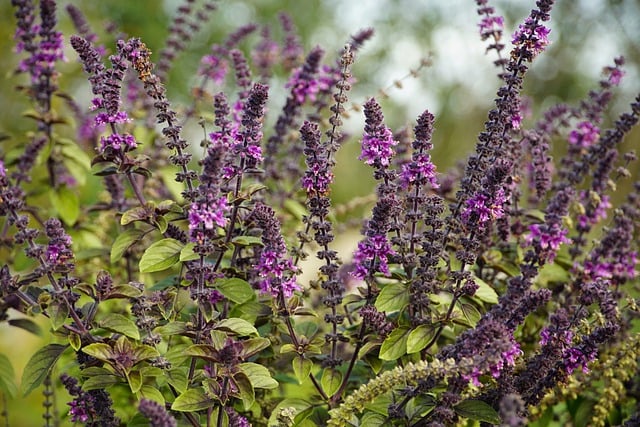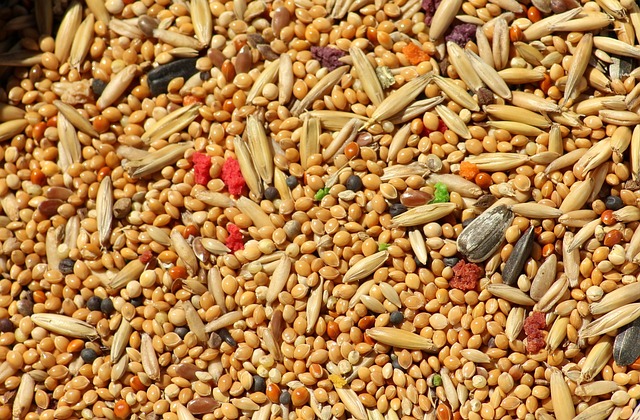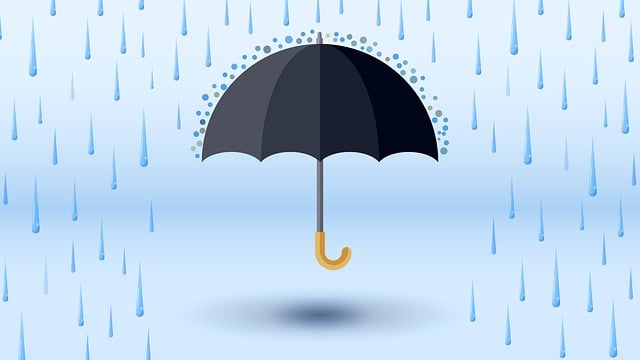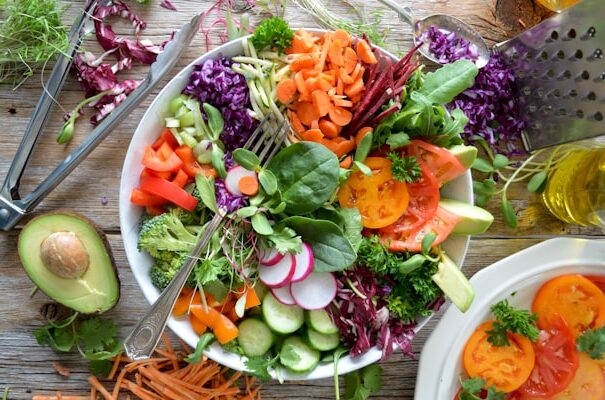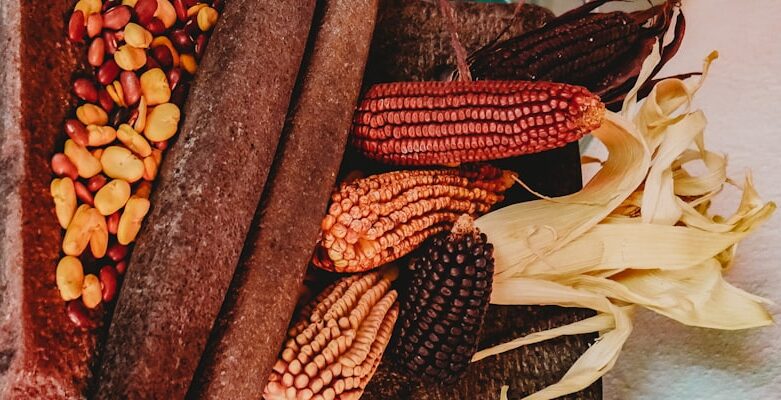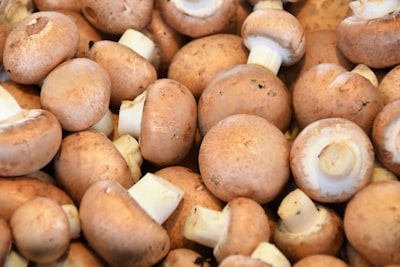Riboflavin is also known as Vitamin B2 which is the second vitamin In the B-group family that dissolves in water . Riboflavin is a coenzyme involved in human metabolism. It is orange-yellow in color. It facilitates food’s energy release. It additionally serves to convert the amino acid tryptophan into niacin. Riboflavin is vital for converting food into energy, neutralizing free radicals, and converting vitamins B6 and B9 Into their active states.
After Thiamine, vitamin B2 was shown to be a more heat-stable component. Exposure to sunshine destroys Riboflavin when it is in solution. Long-term shortages in could give rise to serious health issues such as cancer and heart disease. It performs a crucial role in maintaining antioxidant state in cells, both independently and through the glutathione reductase and xanthine oxidase processes. This protective mechanism may also protect against bacterial infections and malignancy.
Functions of Riboflavin
Riboflavin supports appropriate development and production of hormones, red blood cells, and glycogen. Furthermore, it serves various functions for the skin, eyes, and nervous system. some are mentioned below:
Work as coenzymes
In the form of flavin adenine dinucleotide (FAD) and flavin mononucleotide (FMN), riboflavin functions as a coenzyme. It is via FMN and FAD that ATP is produced. Thus, riboflavin plays a crucial role in the metabolism of lipids, proteins, and carbohydrates.
Important for Tissue health
It is necessary for the growth and health of all plant and animal life, including microbes. It is crucial for preserving the integrity of the mucocutaneous structures.
Aids in normal growth of body
The body needs riboflavin for proper growth and development. It keeps the neurological system, blood cells, and brain functioning properly. It helps in red blood cell production. Take energy from various sources of nutrition.
It is also required for the effective functioning of other micronutrients, such as pyridoxine, iron, and niacin.
Sources of Riboflavin
Animal sources of riboflavin are better absorbed than vegetarian ones. It is present in good amounts in yoghurt (curds), buttermilk, milk powder, and condensed milk.
Milk should not be exposed to sunlight because UV rays and sunshine can degrade riboflavin.
Pulses, green leafy vegetables like radish leaves, beat green, eggs, nuts like almonds and walnuts, and meat contain a fair amount of riboflavin. Animal sources of riboflavin are more easily absorbed than vegetable ones. Milk from cows, sheep, and goats has at least 90% free riboflavin, compared to most other sources where the vitamin is bound to proteins.
Both the kidneys and the liver of animals and birds are also significant sources of riboflavin.
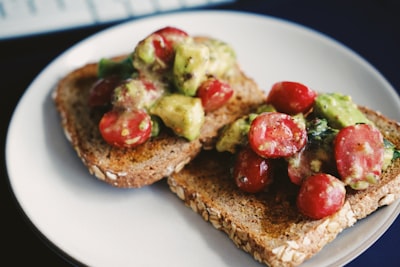
Recommended Dietary Allowance
The daily energy needs of the individual determine the amount of riboflavin that they require. When caloric intake is under 2000 kcal, a minimum intake requirement of 1.2 mg is needed. As a result, adult males need 1.3 mg of riboflavin per day, whereas adult females require 1 mg.
Pregnancy and breastfeeding increase the need for riboflavin. Every day, the dosage rises to 1.4 mg during pregnancy and 1.6 mg throughout nursing.
You May also Like:-What is Diet
Population at-risk of Riboflavin Deficiency
Riboflavin absorption is linked to consumption, and increases when consumed with other meals. When taken alone, just over fifteen percent is absorbed, while 60% is absorbed with their meals. Passive absorption has a modest impact on physiological the amounts in the diet.
Riboflavin deficiency is uncommon in developed countries, although certain individuals may need more than the recommended daily allowance to stay healthy. Riboflavin shortage lowers glutathione reductase activity, which might lead to cataracts.
Individuals who have had surgery, high levels of stress, chorionic illness, and inadequate nutrition are at a higher risk of developing a riboflavin deficit.
People who engage in intense physical activity, such as athletes, sportspeople, or coolies, might need more vitamin B2.
Individuals who smoke and drink regularly run the danger of having insufficient riboflavin in their bodies because these substances decrease the absorption of riboflavin.


